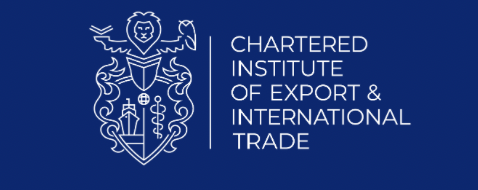Course Summary:
This practitioner-level course introduces learners to the regulatory requirements for effectively managing compliance with U.S. export controls – from a non-U.S. perspective. This course provides an overview of these areas in relation to the relevant U.S. compliance regimes – including the Export Administration Regulations and the International Traffic in Arms Regulations – and presents information, analysis, and commentary that address issues of particular relevance to compliance practitioners operating outside the United States.
These activities include the establishment of policies and procedures related to export compliance such as the process for identifying and handling U.S.-origin items, tracking items received or sent temporarily, and screening employees for status under the ITAR and the EAR. This course will identify the record keeping requirements for non-U.S. entities as well as the flow-down of export information to your partners and end-users. Additionally, this course discusses what should happen if a violation is suspected and who is responsible for making a disclosure if necessary. Most importantly, this course discusses best practices for effective compliance by non-U.S. practitioners.
Learning Objectives:
The broadest objective of this course is to enable learners to recognize the expected steps in clearing U.S.-origin items for shipment or transfer and to identify the responsible business functions. This objective is satisfied when the learner can:
Trade-Specific Objectives
- Understand the policies and procedures that need to be established to ensure compliance requirements are met.
- Identify the need to provide destination control statements and classification information.
- Identify the authorization management and recordkeeping requirements for the different types of authorizations.
- Recognize the tracking requirements for tangible and intangible transactions.
- Understand the need to monitor and audit compliance programs.
- Know that maintaining records associated with an authorization is critical to successful compliance.
Role-Specific Objectives
- Understand that they may be responsible for preparing and reviewing export compliance policies and procedures.
- Recognize that they may be responsible for assessing or investigating activities related to a U.S.-origin item or authorization.
- Understand that they may be responsible for ensuring the appropriate recordkeeping is maintained related to authorizations.
Target Audience:
- Employees who are responsible for preparing and reviewing export control policies and procedures with regard to U.S-origin items or authorizations
- Employees who play a role in authorization management such as recordkeeping and tracking activities
- Employees who are responsible for maintaining records related to U.S.-origin items or authorizations
- Employees who are responsible for assessing or investigating compliance with U.S. export controls
Course Outline:
Ready to strengthen your supply chain team?
Certificate of Course Completion from

Continuing Education
LCB/CES Credits: 3.5
Real Clients. Real Teams. Real Results.


Herman Savenije
The individualized learning plans, based on a pre-assessment, enable optimal learning success.


Lindsay Jett
Skill Dynamics gives team leaders a lot of flexibility to develop each of their team members in their specific areas, or grow into new ones.


Stefan Menziger, CEO
Skill Dynamics provides exactly what is needed in the world’s changing environment.
